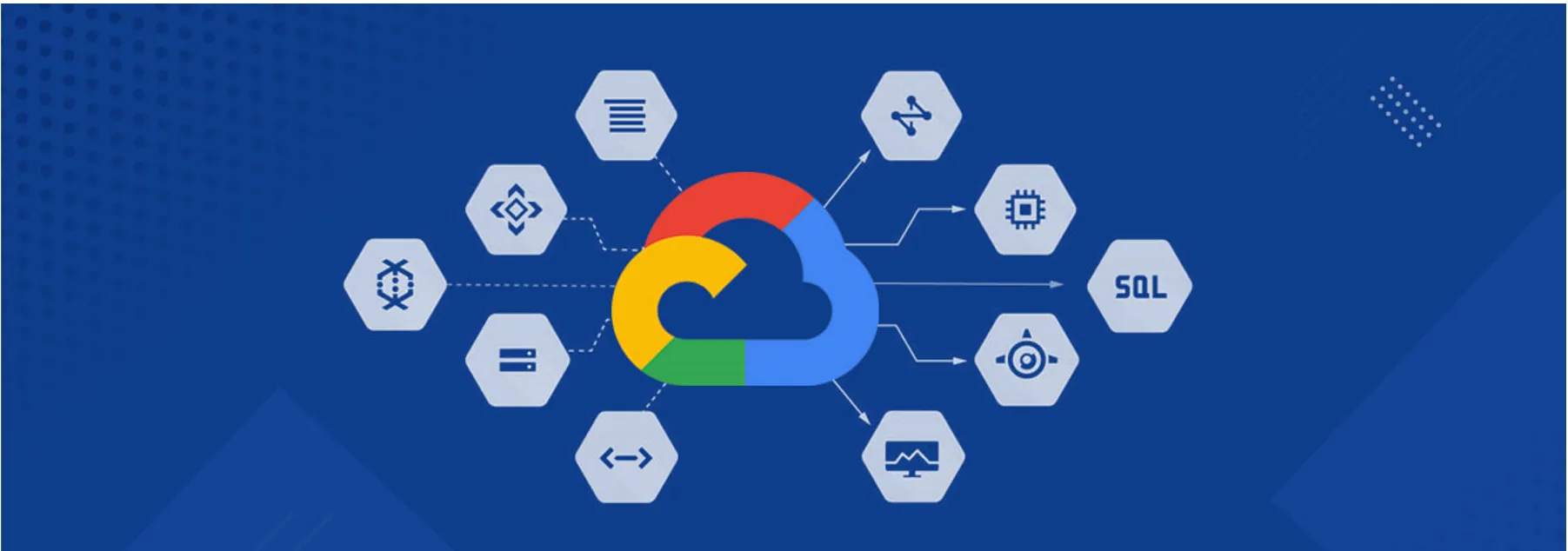Cloud computing, once a futuristic concept, has become an integral part of modern business infrastructure. It has evolved significantly from its traditional roots, offering a more flexible, scalable, and cost-effective solution for businesses of all sizes.
Traditional Cloud
The Foundation. Traditional cloud computing, often associated with Infrastructure as a Service (IaaS), focused on providing virtualized computing resources like servers, storage, and networking. While it offered a significant advantage over on-premises data centers, it had limitations in terms of flexibility and speed of deployment.
Modern Cloud
A Paradigm Shift Modern cloud computing, characterized by platforms like Platform as a Service (PaaS) and Software as a Service (SaaS), has revolutionized the way businesses leverage technology.
Key advancements include:
Serverless Computing
This eliminates the need for servers, allowing developers to focus on writing code without worrying about infrastructure management.
Microservices Architecture
Breaking down applications into smaller, independent services enhances scalability and maintainability.
Containerization
Using containers like Docker streamlines application deployment and management across different environments.
Artificial Intelligence and Machine Learning
Integrating AI and ML into cloud platforms enables intelligent automation and data-driven insights
Edge Computing
Processing data closer to its source reduces latency and improves response times, especially for real-time applications.
Benefits of Modern Cloud
Increased Flexibility
Modern cloud platforms offer a high degree of flexibility, allowing businesses to adapt to changing needs quickly.
Improved Scalability
Businesses can easily scale their resources up or down based on demand, avoiding the costs of overprovisioning.
Cost-Efficiency
Modern cloud solutions often have a pay-as-you-go pricing model, reducing upfront costs and optimizing spending.
Enhanced Innovation
Access to cutting-edge technologies like AI and ML enables businesses to develop innovative products and services.
Improved Security
Modern cloud providers invest heavily in security measures to protect data and applications.
The Future of Cloud Computing
As technology continues to advance, we can expect further innovations in cloud computing.
Areas to watch include:
Quantum Computing
Harnessing the power of quantum computing could revolutionize data processing and problem-solving.
Hybrid Cloud
Combining public and private cloud environments to optimize performance and security.
Multi-Cloud
Leveraging multiple cloud providers to enhance flexibility and avoid vendor lock-in.
In conclusion, the journey from traditional to modern cloud computing has been marked by significant advancements. Modern cloud platforms offer businesses unprecedented flexibility, scalability, and innovation opportunities. By embracing these technologies, organizations can position themselves for success in the digital age.


